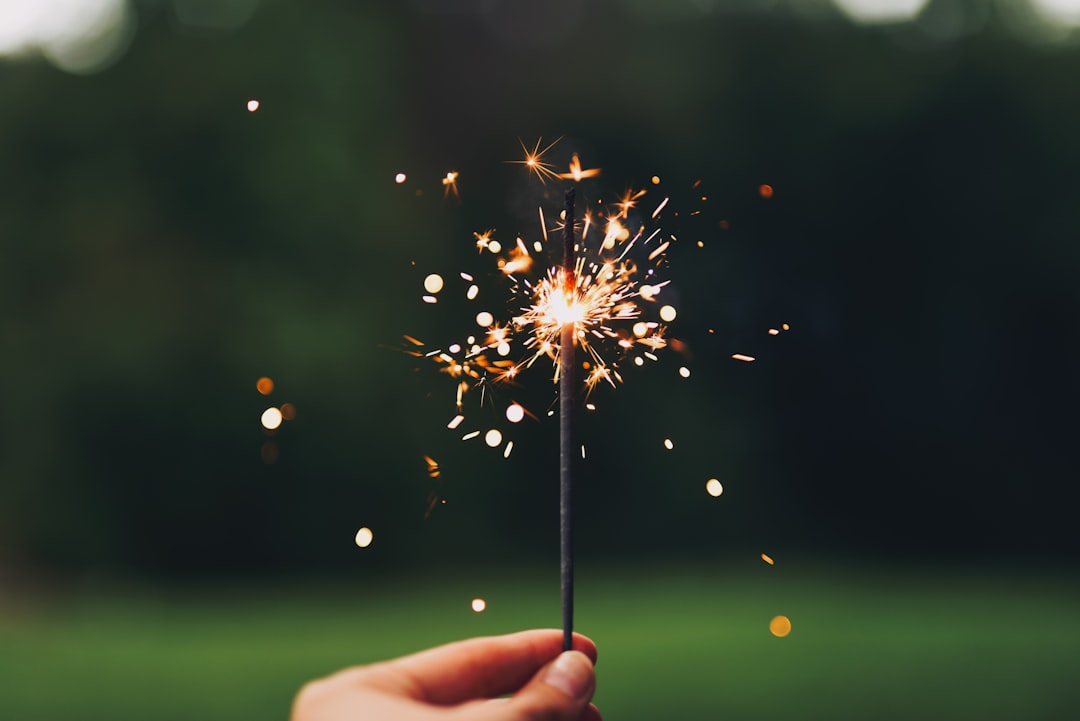
Thank you so much for reading homeculture. If you like my work, please consider supporting it by becoming a paid subscriber. Every paid subscription helps pay for childcare so I can keep writing. Paid subscribers get access to exclusive content and community features. If you’d like to leave me a tip, you can do so here. Thank you!
SCOTUS is wrapping up what has been a pretty rough session. The court’s interpretation of the second amendment expanded drastically, again. A citizen’s right to know their rights was effectively gutted. The EPA’s ability to regulate greenhouse gas emissions has been substantially restricted. Innocence isn’t enough to protect a person from the death penalty. The separation of church and state was made substantially smaller in two separate rulings. The sovereignty of Indigenous land was made subject to state’s claims.
And Roe was overturned.
I’ve seen lots of people on social media ask how they’re supposed to celebrate the 4th of July after all of that. And I understand how they feel. I do. We’re all allowed to feel unmoored right now.
But the pushback to those 4th of July social media posts also feels true to me. I’ve seen people ask, “Where have you been? What did you think America was before this moment that suddenly affects you?”
America has only ever been the home of the free for some. Independence Day has been celebrated in some measure since July of 1776. In July of 1776, Dragging Canoe, a Cherokee chief, began fighting against American forces in what Albert Bender, Cherokee activist and artist, called “a war for peace, a war to stop settler encroachment on Cherokee land and the wanton destruction of innocent Indian lives.” The celebration of Independence Day became more widespread during the early 1800s, towns set off fireworks and rang bells. Enslaved people lived in many of those towns, the saw the fireworks and heard the bells and were not free.
The Fourth of July was made a national holiday in 1870. Slavery was abolished by then. But the Jim Crow era - with its black codes and slavery by another name - had already dawned. Independence Day had been a national holiday for nine years when the first of three hundred federally funded residential schools was built. In 1938, Congress voted to make Independence Day a paid holiday for federal employees. It was just 11 years after Buck v Bell, the SCOTUS decision that declared states could forcibly sterilize people deemed “unfit.” That decision has never been overturned.
America has never been a place of real independence for low-income people, disabled people, Black people, Indigenous people, queer people, incarcerated people, formerly incarcerated people or really anyone who is not middle/upper-income white men. (I’ve used all these words to write what Langston Hughes wrote much, much, much better and much earlier.)
For years, I didn’t always know all of this, not the way I should have known it. The 4th of July meant something to me. Its fireworks and anthems and waving flags were a reminder that America was a promise fulfilled. And then later, I thought I did know all of this, the way I should know it. And the 4th of July meant something new to me. Its fireworks and anthems and waving flags were a reminder to fulfill the unkept promise of America, for everyone.
And now? What about this 4th of July?
Keep reading with a 7-day free trial
Subscribe to Excerpts from Pocket Observatory to keep reading this post and get 7 days of free access to the full post archives.

